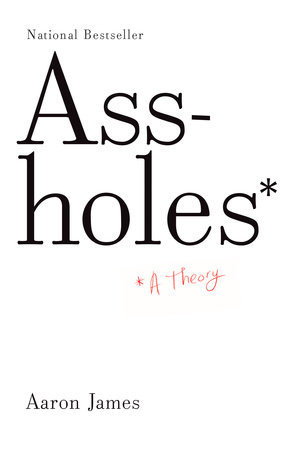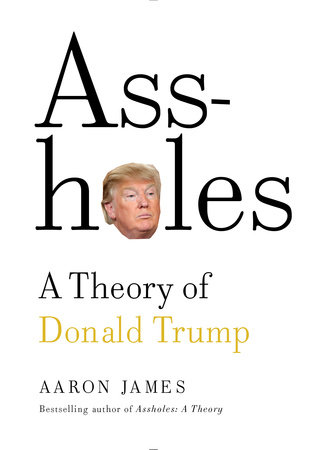Is grandiosity a force for good? Behold Elon Musk
In some cases, sure. David Brooks glowingly praises spaceman Elon Musk in order to make sure Americans don’t forget–as though Americans *could* forget–that encouraging grand visions and getting entrepreneurs to take big risks can return benefits to everyone.
Trouble is, a culture that inflates egos in hopes of nurturing a few “game changers” can run *out of control*, with grandiosity of asshole proportions increasingly taking over in business, politics, and public argument, freeway driving, or even the kid’s soccer game. The problem won’t be this or that asshole banker or tycoon or politician. They may be symptoms rather than causes of a deeper, more *systemic* problem of grandiosity, a problem that doesn’t, after all, work out as a force for good.
How so? Well, maybe–just maybe–the successful “makers” stop crediting a big part of their success to the support of others in mundane roles. Maybe this creates a sense of entitlement to reap even bigger gains from the system while demanding greater sacrifices from the “taker” class. Maybe, over time, the grandiose capture policy. They win ever-further tax cuts, while wages stagnate for the working class, in part because low taxation means precisely that society can’t afford to help workers manage the strains of rapid technological change, globalization, and increasing labor “flexibility.” Maybe working class wages stagnate for a long time, say, thirty years. All of this *could* happen, I tell you. It really good. (On how, see also “Asshole Capitalism,” ch. 5 of Assholes.)
Leave aside whether or not that’s our actual situation. That, at any rate, is the *kind* of problem that most people are sensing and deeply unsettled by: something seems terribly, systematically wrong, something the asshole-of-the-week mainly symbolizes. About this, I submit, right and left *largely agree.* They disagree, of course, about what has gone wrong and what to do now, but the fact of deep systemic failure is a major point of convergence, even in our hyper-partisan age.

